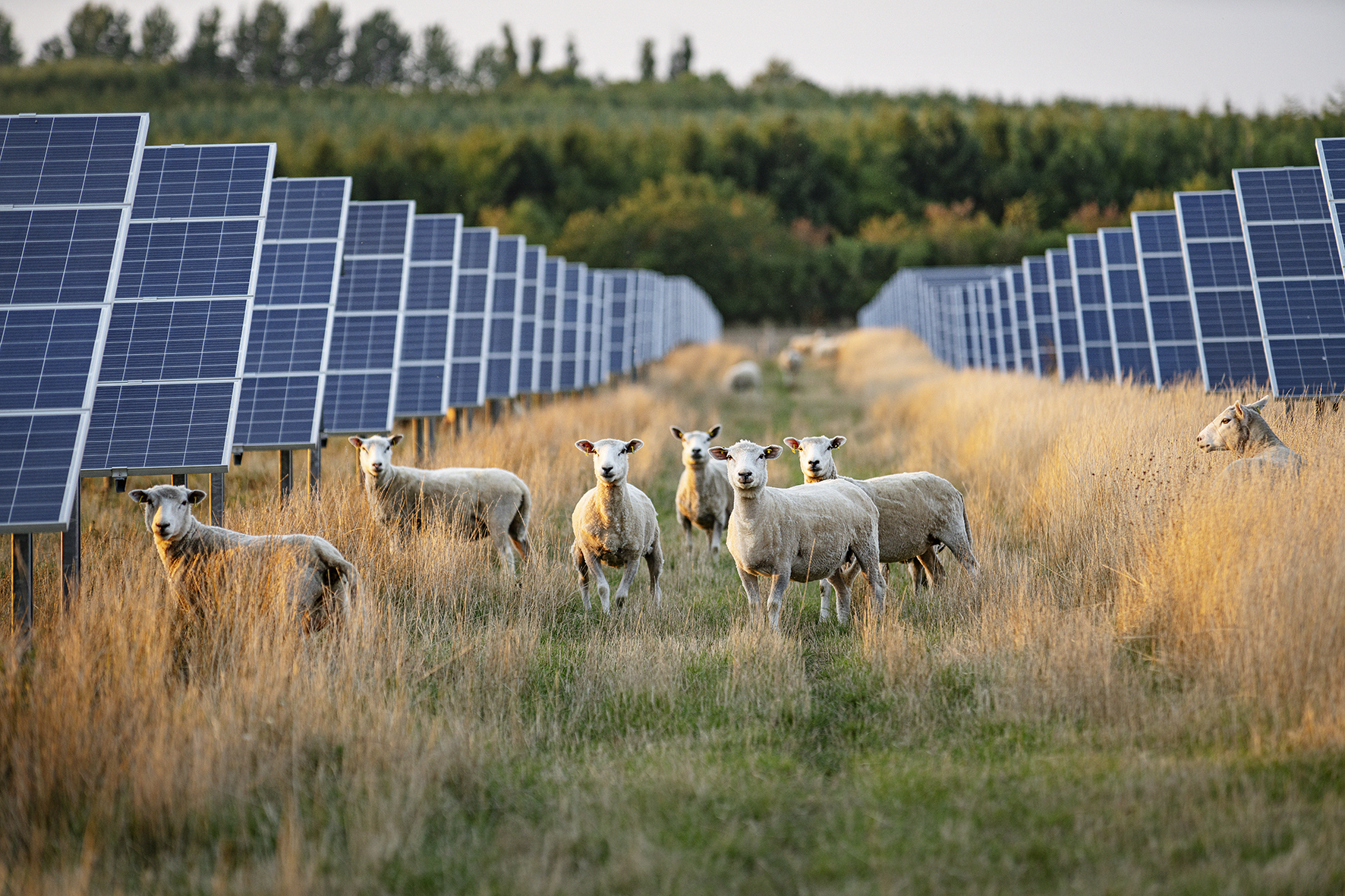Better Energy invested DKK 1.5 bn in the green transition in 2021
Better Energy delivered solid progress in 2021, growing its project pipeline to 6.6 GW and investing DKK 1.5 billion in the green energy transition.

Better Energy has just released its annual report for 2021 and the company shows solid growth. Revenue increased to DKK 1.6 billion. The project pipeline grew to 6.6 GW and the company was responsible for constructing more than half of all renewable energy capacity on land in Denmark in 2021.
“We have built a considerable amount of renewable energy capacity over the past year, but what I am most proud of is the fact that we have built it all in the right way. The foundation of every sustainable energy project on land is first and foremost being a good neighbour, and although we have been busy, our development processes have included strong local involvement and have been done in a proper way,” explains Rasmus Lildholdt Kjær, CEO of Better Energy.
In 2021, Better Energy constructed a total capacity of 450 MW of renewable energy from solar parks, corresponding to the annual electricity consumption of around 350,000 Danish residents. The increase in activity is also reflected in the number of employees, which increased from 102 at the beginning of the year to 148 at the end of the year.
In 2022, Better Energy expects to invest DKK 3 billion in the green energy transition, ramping up activities in Poland and Sweden to add to an already strong Danish project pipeline. Employee head count is expected to reach around 250 people by the end of 2022.
If the Danish electricity grid were updated and had enough capacity, Better Energy would be able to set up 1 GW of subsidy-free solar capacity every single year this decade in Denmark alone. After a couple of years that would equal the output of an entire energy island.
Large partnership with Industriens Pension on Danish and Polish solar parks
The past two years, Better Energy has accelerated the green transition without subsidies through its partnership with Industriens Pension. So far, the partnership has invested a total of almost DKK 4 billion in the direct green energy transition, the construction of new solar power production capacity – and true additional green energy for the European energy mix. As a result, around 400,000 Danish pension fund owners will become co-owners of more than 1 GW of solar parks that are expected to be developed, built, and operated by Better Energy in Denmark and Poland between 2020-2022.
In the coming years, an expansion of the partnership to other Northern European countries may be considered.
“Our joint investments in new solar parks provide a very significant positive climate effect per invested Danish krone. Moreover, this increased deployment ensures greater energy independence, and the investments are expected to provide solid long-term returns for the members,” says Laila Mortensen, CEO of Industriens Pension.
Over 1 GW pipeline in Poland
Better Energy and Industriens Pension announced in February that they had expanded their partnership to facilitate the construction and grid connection of up to 300 MW of clean, sustainable energy in Poland. This is part of a larger 1 GW Polish pipeline that Better Energy is developing and planning to build over the coming years. This expansion means that the partnership’s financial engagement is likely to exceed DKK 5 billion.
Poland is an obvious host country for investments in sustainable and scalable clean energy with its heavy reliance on coal for energy production.
Better Energy milestones reached in 2021
During 2021, Better Energy reached several major milestones. Northern Europe’s largest solar park in Holstebro was connected to the electricity grid and the company’s first large-scale solar park in Poland was also grid connected. Better Energy’s project pipeline grew significantly, and activities in Poland and Sweden are expected to increase substantially in the coming years.
“Locally produced, clean, sustainable is critical not only to climate change and the environment but also to European security policy and the move towards energy independence away from coal, oil and gas from authoritarian regimes. On all accounts, time is of the essence,” concludes Rasmus Lildholdt Kjær.